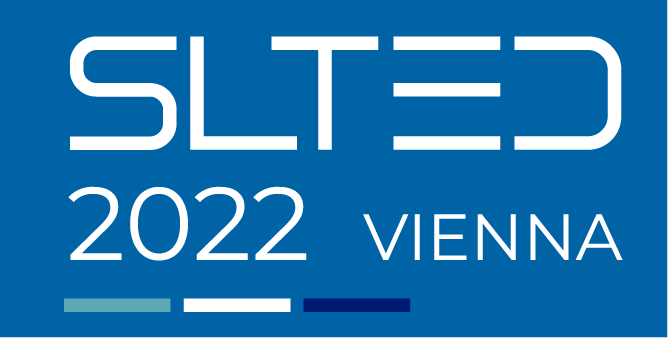Thematic Strands
We invite contributions in the format of presentations or posters on the following topics of foreign language teacher education:
1. The Development of a Professional Knowledge Base – The Core
This theme focuses on the development of core competences for language teachers in pre-and in-service settings such as:
- Language teachers’ proficiency in the target language
- Teaching the five skills and the language systems (pronunciation, spelling, grammar, vocabulary, discourse)
- Planning long- and short-term language education programmes
- Designing and evaluating materials and learning settings
- Language assessment literacy and diagnostic competence
- Subject knowledge (Linguistics, Cultural and Media Studies, Literary Studies)
2. The Development of a Professional Knowledge Base – Extensions
This strand addresses further essential aspects of foreign language education as well as how language teacher education supports the professional development of language teachers in areas such as:
- Inclusive pedagogy
- Multilingualism
- Digital literacy
- Teaching literature
- Inter- and transcultural learning
- CLIL
- LSP (language for specific purposes)
3. Being a Language Teacher Educator
Language teacher educators, whether based at schools, colleges or universities, play a crucial role in language teacher education programmes. This strand comprises the following sub-themes:
- Selecting and educating language teacher educators
- The identity and professional development of language teacher educators
- Towards a pedagogy of language teacher education (curricula development and programme design)
- Expertise and professional standards in language teacher educators
- Researching and evaluating language teacher education
4. Technology-Enhanced Language Teacher Education
This strand focuses on the potential of digital media in language teacher education. We also invite contributions that explore the need and adequate means to develop digital competences in language teachers for planning, conducting, evaluating and collaborating in language teaching.
- Distance-learning and (emergency) remote teaching in teacher education
- Using video in pre- and in-service teacher education
- Learning settings with digital media in language teacher education
- Digitally supported collaboration between language teachers
- Practices of using digital media for the professional development of in-service teachers
- Developing digital competences in language teachers
5. Practice Phases – Reflective Practice in Language Teacher Education
Well-organized and assisted school-based experiences which help student teachers to transform and apply their academic knowledge in their field of practice constitute a considerable challenge for language teacher education programmes. The following sub-themes are within this strand:
- Transformation of knowledge and its application in the professional field
- Accompanying field experiences (at university and school level)
- Progression in and the integration of practice phases in teacher education programmes
- Initiating and developing reflective practice
- Individual needs of student teachers during field experiences
- Mentoring in language teacher education
- The induction phase of novice teachers
6. Language Teacher Professionalism
To ensure teachers’ ability to act responsibly in a changing educational landscape, a high degree of professionalism is called for. This strand explores issues concerning the status of foreign language teachers and the development of professionalism:
- Status of language teaching as a profession: responsibility, a professional knowledge base and autonomy
- Expertise in foreign language teaching
- Competence models and competence standards
- Professional language and discourse
- Continuing professional development
- Interprofessional discourse and collaboration
7. Language Teacher Research
Like other specialists, professional language teachers need to develop research literacy (receptive and active). Consequently, teacher education programmes need to cater for the development of research literacy in language teaching and learning. This strand addresses the following aspects:
- Developing receptive research literacy in language teachers
- Developing active research literacy in language teachers
- Research types (e.g. action research, teacher research, lesson study, case-study research, etc.)
- Conducting research projects
